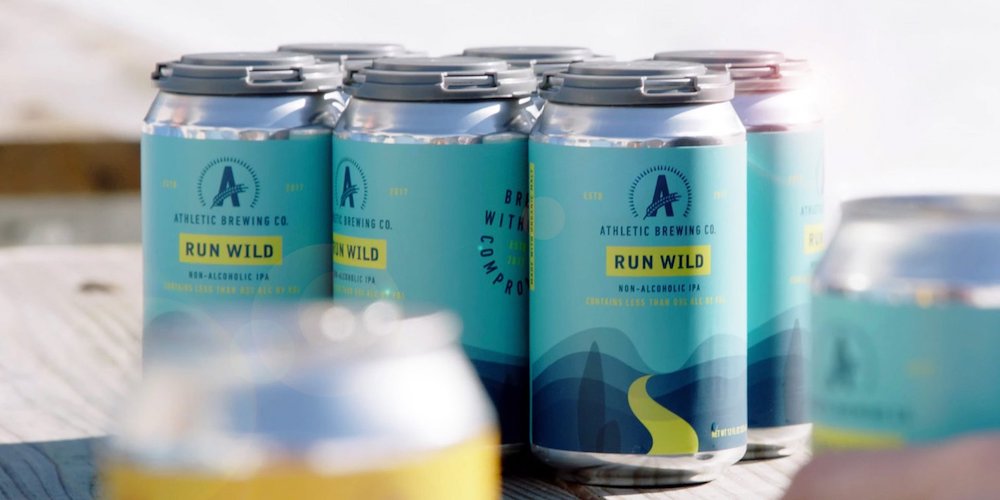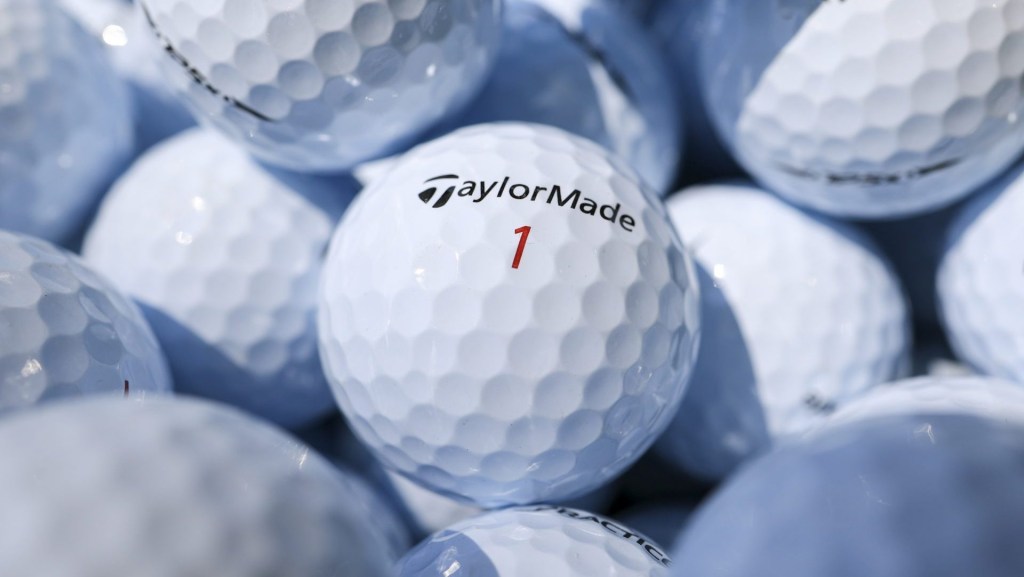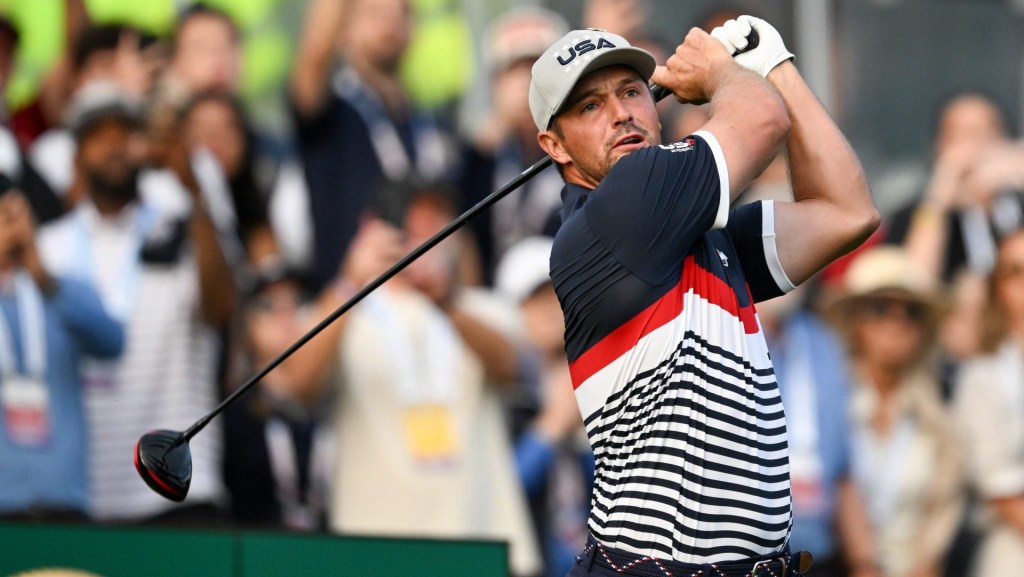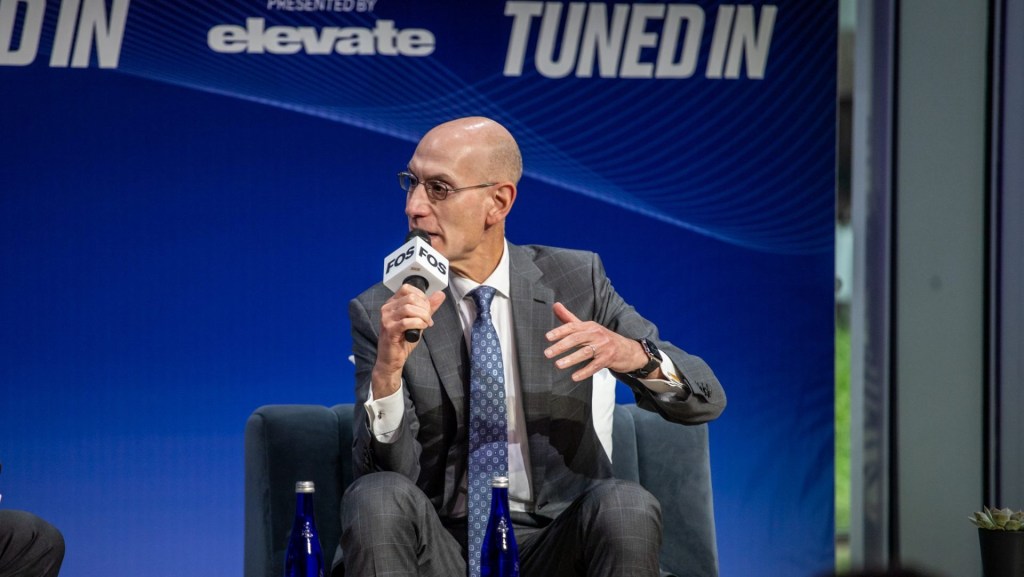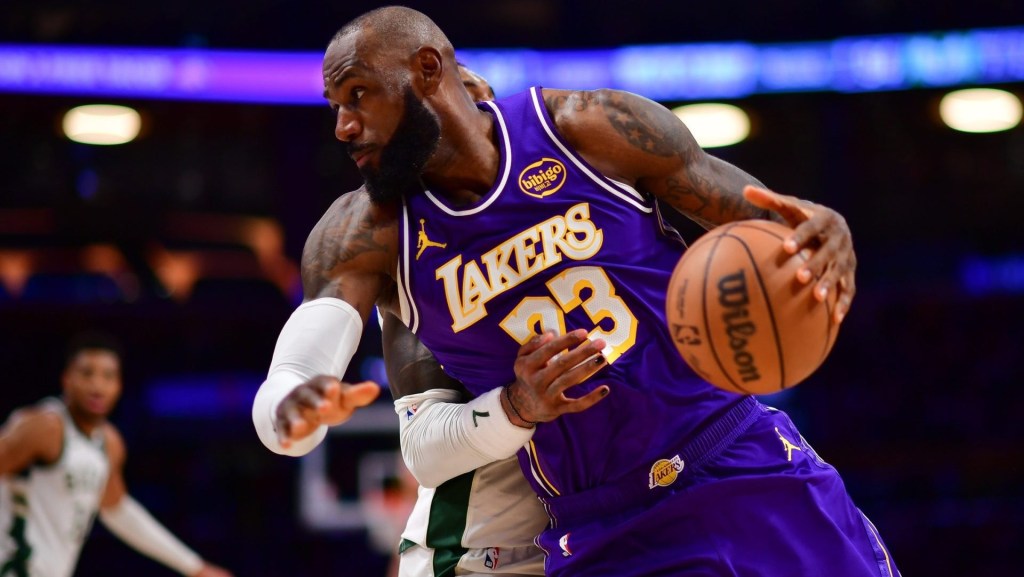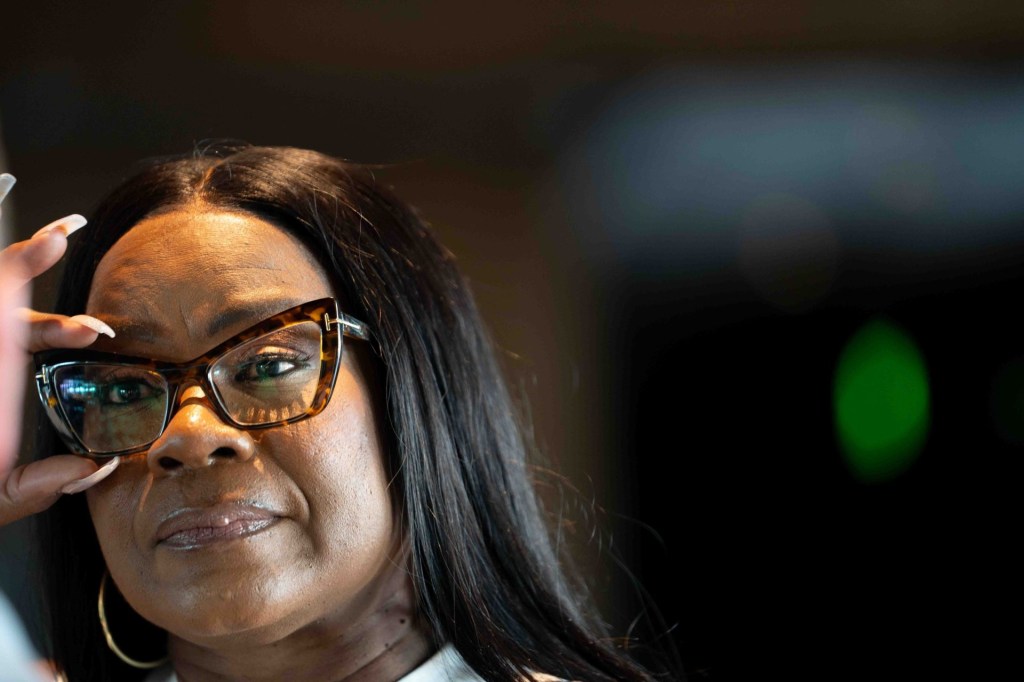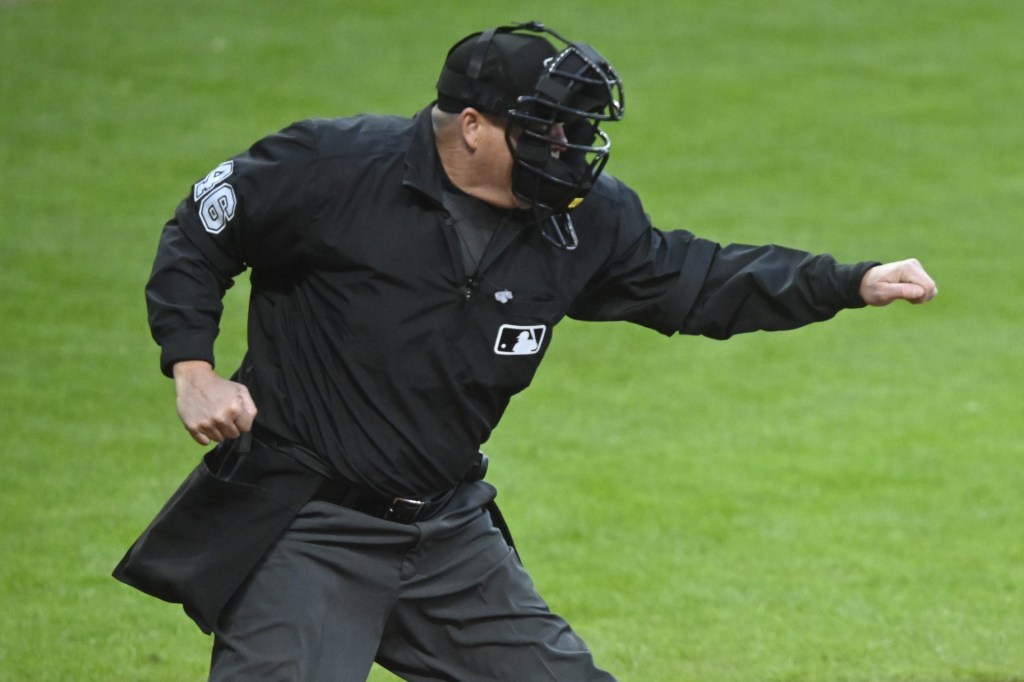After launching in 2018, non-alcoholic beer brand Athletic Brewing has seen explosive growth and is looking toward sports to continue its climb.
The company maxed out capacity at its Connecticut production facility and has taken over the San Diego production facility of Ballast Point Brewing Co., expanding its beer-making capabilities tenfold. That will now allow Athletic Brewing to grow its presence in sports, both in terms of availability at events as well as through sponsorships
“Our sports budget is as big as any regional brewer in the country,” Bill Shufelt, Athletic Brewing co-founder, said. “We’re excited about sports, and invest a lot in sports. The investments in sports are a little precarious right now, but we believe it’ll be back to normal.”
Along with being partners of Spartan races and AVP Beach Volleyball, the brewery has also announced a new partnership with USC Athletics as the official non-alcoholic beer. The new college sports partnership joins Athletic Brewing’s deals with Columbia University and Harvard University.
Helping fuel the growth is a $17.5 million Series B funding round the company wrapped up in March. It includes investors like TOMS Shoe founder Blake Mycoskie and sports business reporter Darren Rovell’s Tastemaker Capital.
There’s a good reason for Athletic to feel bullish about the market, as the non-alcoholic beer segment is growing at a 44% clip this year, up from 23% in 2019 and single-digit growth in 2018 when the brand launched. The overall beer market dropped approximately 2% in 2019, while the craft beer segment gained just below 4%. Non-alcoholic beer still makes up less than 1% of the overall beer market.
Brewers Association Chief Economist Bart Watson said that while the non-alcoholic percentage growth numbers are strong, they are based on a low starting point. Market share numbers are also small and likely will remain so for the foreseeable future even with significant growth continuing, he said.
Non-alcoholic brands have a place in the European sports ecosystem, but what that market could be in the U.S. remains to be seen, Watson said.
“Sports has long been associated with beer, so that may help, but it will require different marketing and branding cues to connect sports and non-alcoholic beer,” Watson said. “In Germany, non-alcoholic beer is often marketed in the same way sports drinks are here, so that’s one opportunity you might see here.”
READ MORE: Kombucha Companies Making Push Into Sports As Market Expands
Athletic Brewing’s push into sports could help alter the beverage categories in partnerships, said Mark Gallo, sales manager of contract manufacturing at Nor-Cal Beverage. Gallo’s focus is on the non-alcoholic sector, but had career stops with AB-InBev and Heineken. It was just last year that hard seltzer became a legitimate category for teams to monetize.
“There’s no carve out for non-alcoholic like there is for premium, import, craft, and seltzer,” Gallo said. “It’s potentially a brand new category, and for teams, it makes great sense. Seltzer was nothing, and now it’s a category. It just takes one or two teams to be first.”
Gallo said the size of the non-alcoholic category would prohibit million-dollar deals like those done with mega brewers AB InBev and Molson Coors in other categories. However, it would still be a way to add new partnership inventory while also providing better social responsibility programming than the “stale designated driver” campaigns, he said.
Shufelt didn’t speak to individual athlete endorsements, but Gallo said he anticipates “two or three prominent athlete” partnerships.
Shufelt and his co-founder, John Walker, started Athletic Brewing as a way to get full-flavored beer on days they didn’t want to feel sluggish the next day. Shufelt credits the company’s growth, as well as the overall non-alcoholic category, to the innovation. From regional craft breweries getting into the segment to startups like Canada’s Partake Brewing and Monday Gin, flavorful non-alcoholic products are beginning to infiltrate the market.
READ MORE: Teams, Beverage Brands Lean on Virtual Happy Hours
“The category was dormant for 20 years; there were no new brands from 1992 to 2017,” Shufelt said. “It was a function of no new brands, no excitement. The beer didn’t sell, and everyone thought it had no potential. But no one drank it because there was no good beer.”
Instead of watery non-alcoholic beers, Shufelt said the full-flavored non-alcoholic craft beers could help pinpoint a segment of underserved customers at sporting events. He said 80% of the brand’s customers are 21 to 44 years old, “overlaying nice with sports attendance.” He also said 50% of customers don’t drink otherwise, and another 30% have less than one drink per week. Nielsen has found 66% of legal-aged drinks between 21 and 34 are working on cutting down their consumption.
Gallo agreed that the non-alcoholic segment is beginning to swell, and sports properties can cash in on the potential partnership dollars while also increasing concession sales.
“If they’re charging $4 for an [legacy non-alcoholic beer] O’Douls, they could charge $6-$7 for these craft versions,” Gallo said, noting $19 Bud Light aluminum bottles at the Super Bowl. “It’s like plant-based burgers; you’re appealing to a small niche with discretionary and loyal income.”
“There’s money in it for everybody, but take the money away, and it’s the right thing to do for society,” he said.
